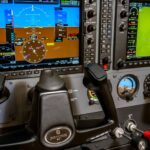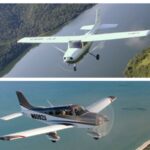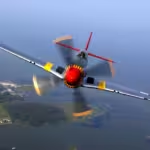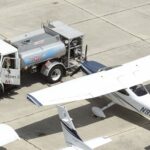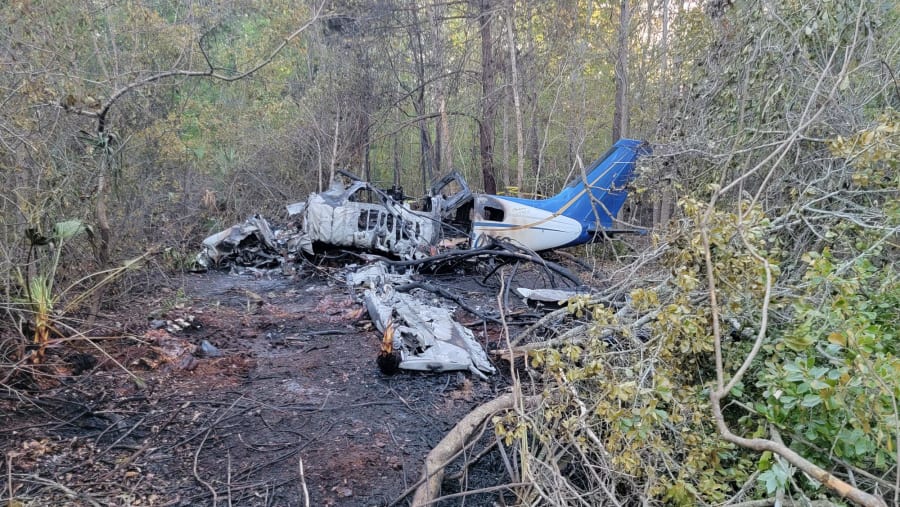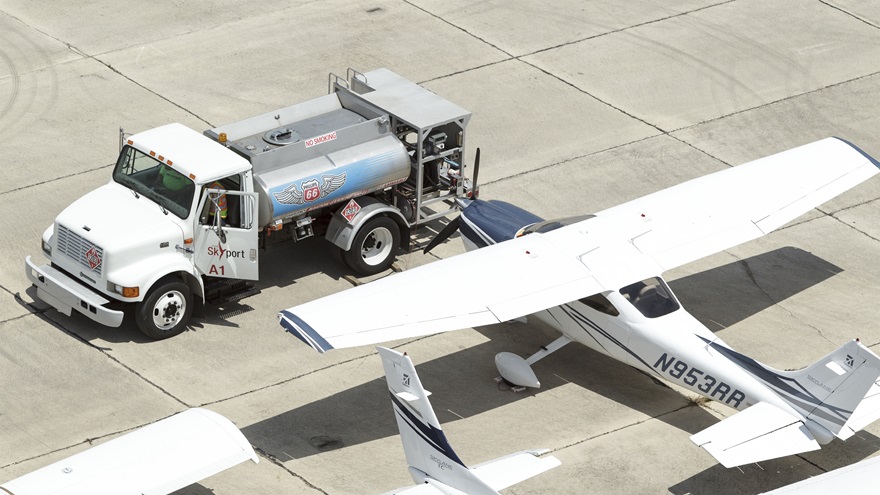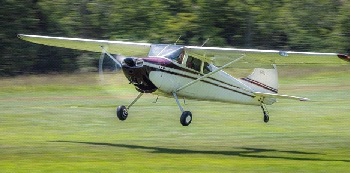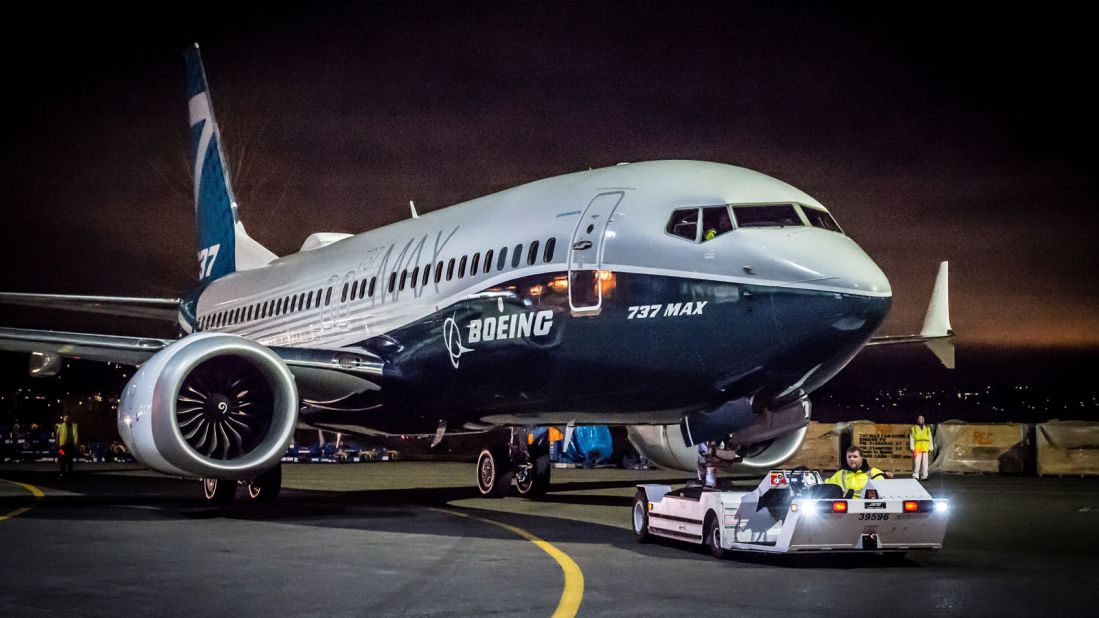There is no doubt that small planes have a higher probability of having an accident than a commercial airliner but today’s airliners are just about the safest way you can do anything. In fact the safest ways to travel in deaths per mile in the United States are ranked.
Lowest deaths per mile in the US
- Commercial Airliner
- Bus
- Train
- Bicycle
- Walking
- Car
- Motorcycle
Since there is no good measure for miles walked or biked per fatality we had to take some stats per year compared to that of cars but we are most likely reasonably accurate in the ranking .
General Aviation Fatalities
Ok so where does your Cessna or Piper belong in these rankings? The best estimation is right beside Motorcycles and that makes sense as they are fast, powerful and take skill to master. There is a big difference between motorcycles and small planes and that’s the leading cause of crashes. Most motorcycle accidents and deaths are caused by left turning cars believe it or not. I am both a motorcyclist and pilot and I can tell you I’ve been scared many more times over on the road than in the air. When a car doesn’t see you barreling through an intersection at 55MPH (the speed limit) and turns directly in front of you theres nothing you can do, it’s out of your control and you brace for impact. That situation isn’t as common with General Aviation Accidents, there’s usually many things a pilot can do to prevent or mitigate small plane accidents.
Why Are Small Planes Crashing?
The overwhelming answer is… Pilots! If you are a watcher of the Youtube Channels Pilot Debrief, (shoutout to Hoover!) or any other aviation safety channels you will notice a glaring similarity in many crashes with fatalities. The crashes will commonly one or all of 3 things, lack of preparation (training, checklist weather checks), task oversaturation and/or loses spacial orientation due to accidental flight into IMC. Here are just a few crashes you can read about that you can notice this in.
- North Carolina PC-12 – Feb 13 2022. (Pilot Debrief) – The pilot never filed a flight plan for poor weather didn’t check the weather close enough to the flight time (Preparation), Became task saturated trying to adjust his autopilot which he never got working and finally crashed into the ocean due to these factors.
- TNFlygirl – (Pilot Disconnections) A YouTuber whom on many flights became disoriented due to becoming task saturated trying to adjust her GPS. She was seen many times not knowing how she got turned around and forgetting a HUGE piloting rule Aviate FIRST! then Navigate and Communicate. I think this was also a training issue since she seemed to not have her standards quite down yet.
- JFK Crash – (Wonder) – JFK flew into poor weather conditions (IMC) without the proper instrument rating and lost spacial orientation. JFK slowly banked into what pilots call a death spiral which means he didn’t feel like he was turning and didn’t trust his instruments. Feelings aren’t how you fly in poor conditions, he needed to trust his instruments and he didn’t which caused the crash and resulting deaths.
What Can You Do About It?
- Checklists – Use your checklist and use them every time. They help you remember things you may forget like putting gas in the plane, checking the weather before you fly. There are many abbreviations that can act as quick checklist for you like, ANC (Aviate, Navigate, Communicate) and IMSAFE, PAVE (Pilot, Airplane, enVironment, External pressures). My Favorite checklist to run through on every flight, outside of the aircraft specific checklists are PAVE, IMSAFE, SAFETY, GUMPS, ANC and ABC. I will review these in another post.
- Slow Down – I don’t mean change the speed of the airplane, I mean slow your thought down and think, what is the most important thing I should be doing at this point in time. Most of the time it will be “fly the plane straight and level” or “get to my best glide speed” . This will usually buy yourself some time to not panic and thing of the appropriate next steps (use a checklist).
- Review – When you become oversaturated or know that you aren’t taking the right actions is most likely not the first time it happened. Go home and review what you think went wrong and think of what you will do next time. A good review of your actions will help you make different choices next time.
So What’s The Point?
My point is that Small Plane Crashes and accidents don’t need to happen as commonly as they do. There are some that are caused by engine failures and way less commonly airframe failures which you may not be able to avoid but these are far less common than pilot caused crashes. With practice and proficiency you’re flying can be just as safe as Driving a car vs Riding a motorcycle.
